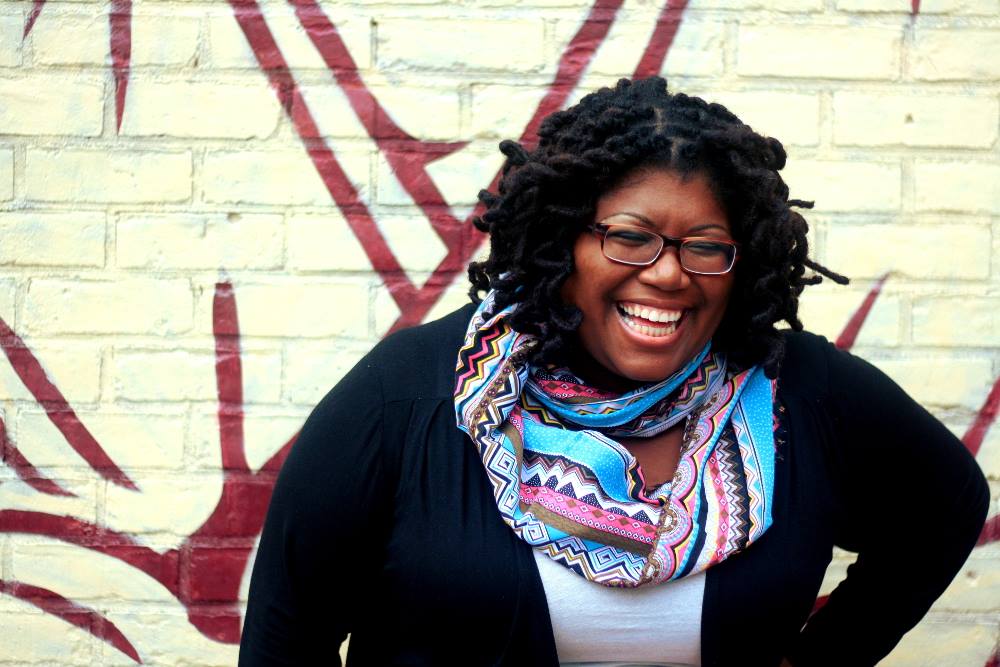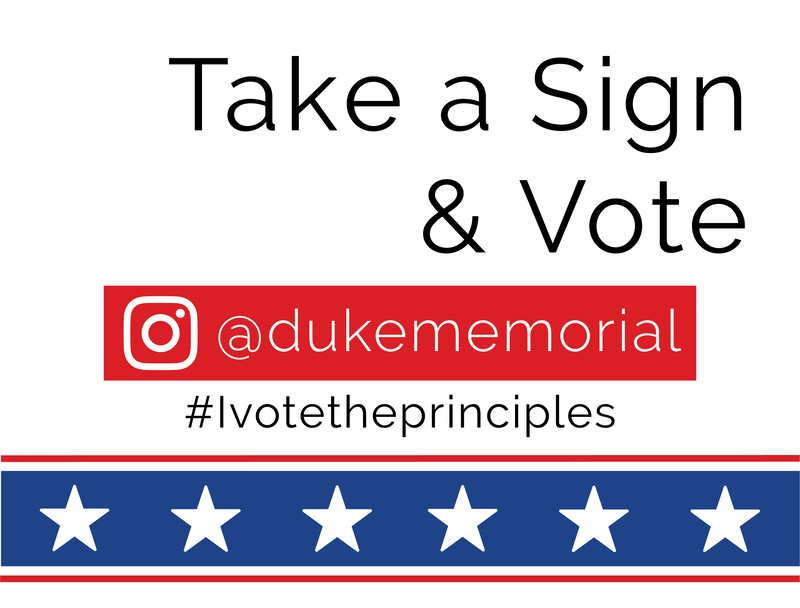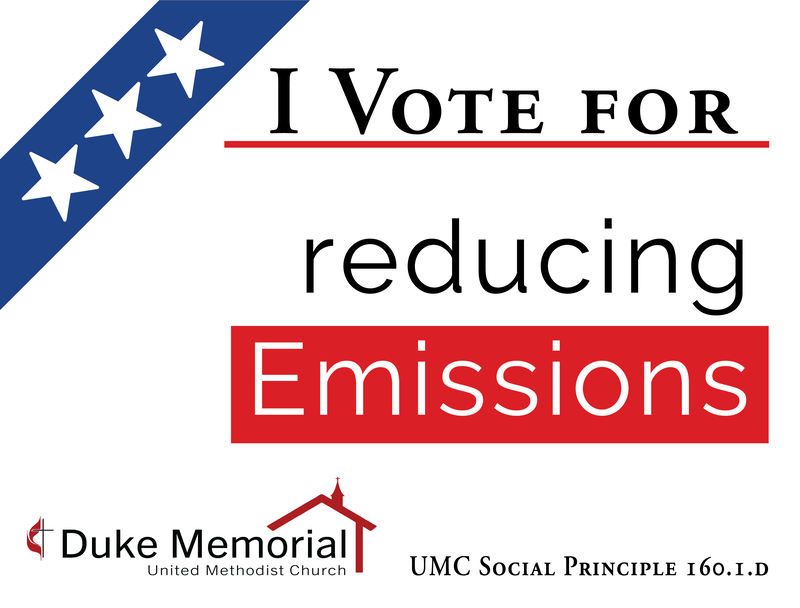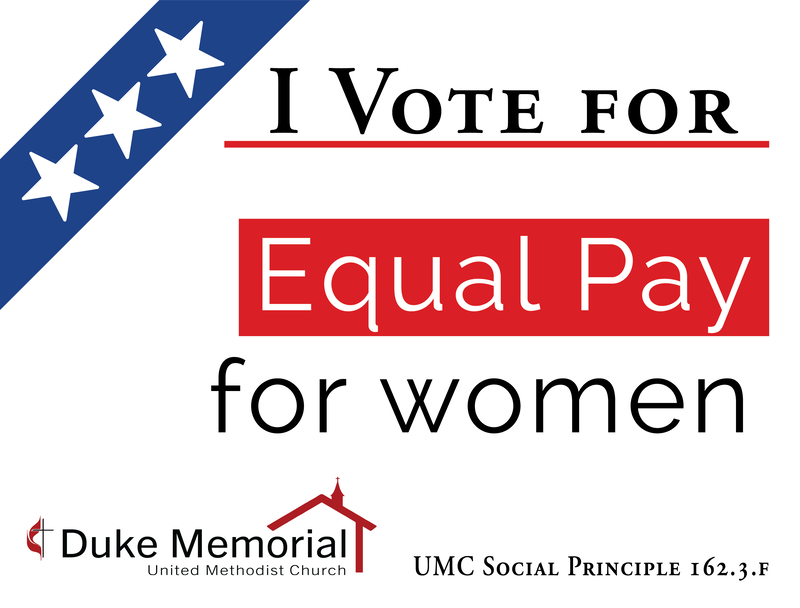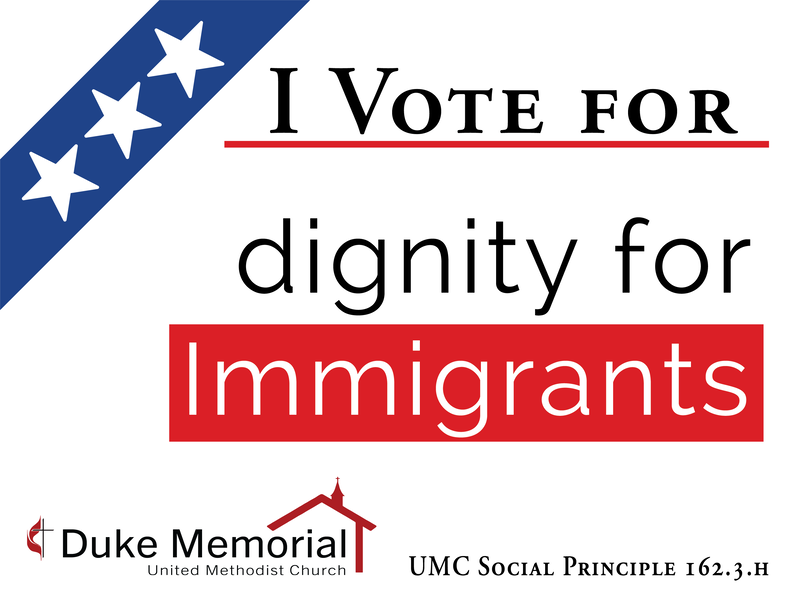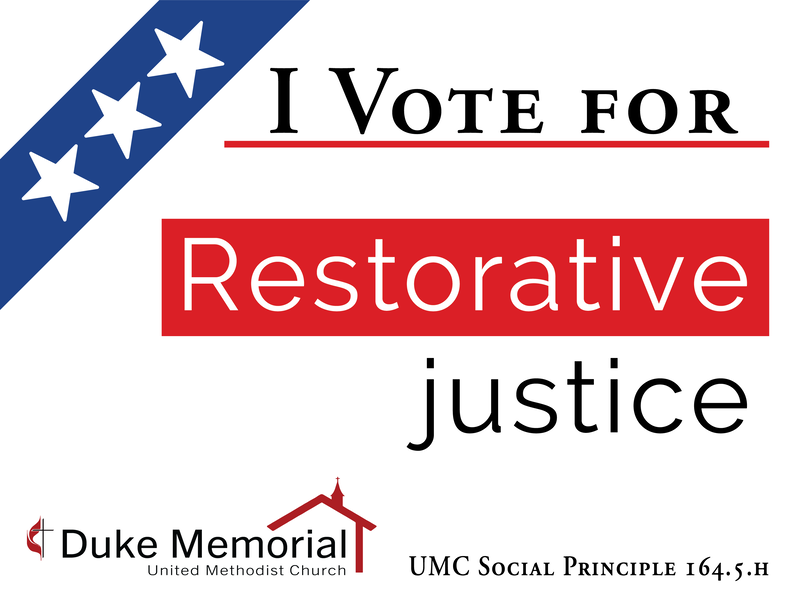Anti-Racism Task ForceSeptember 2021 UpdateThe Anti-racism Task Force was appointed by Church Council in August 2020 to identify ways in which DMUMC contributes to systems of racism and anti-racism and share with Church Council ways we can become an anti-racist church. But why does becoming an anti-racist church matter? “Love the Lord your God....(it says in Luke 11:25-29)....with all your heart, and with all your soul, and with all your strength, and with all your mind; and your neighbor as yourself.” And we hear from Amos 5 that to love is to fight for justice- justice that rolls on like a river. As Christians, we believe the work of anti-racism is the work of mercy and justice as we seek to love our neighbor as ourselves. And we’re not the only ones doing the work! The United Methodist Church has undertaken the work of anti-racism for years through the General Commission on Religion and Race founded in 1968. The North Carolina Conference under the leadership of Bishop Ward has also been promoting anti-racism work. And we join several other churches here in Durham on this journey as well. In 2016, following the death of Michael Brown, Duke Memorial began to pray, preach, teach, and discern what it means to be an anti-racist congregation. Most recently, in 2020, new investments and commitments were made, the Anti-Racism Task Force being one of those. So far, the Task Force has spent time together learning about the history of our city and our church, and discussing what we believe are important ideas to become an anti-racist congregation. We asked church leaders to complete an inventory on racial equity with their committees, allowing them to reflect on how their work may contribute to or hinder racial justice. And we realized that, to do this work well, we needed professional expertise. We are excited to announce that, with approval from Church Council, we have hired local consultant Alicia Crosby to guide us in our work! Alicia’s consultation with us will include a congregation survey, meetings with the ART Force, and listening sessions with the congregation. The work of the Task Force will conclude in November in a final report with recommendations for next steps to become an anti-racist church. The report will then be given to the Church Council, who will decide on the next steps. From you, friends, we ask for participation in the process - sign up for a listening session, complete a survey*, pray for the journey, and offer grace: Grace for ourselves, and grace from each other in order to do this important and difficult work well. We will mess up, most certainly, and from our mistakes will learn a better way even as we will be amazed again, through the difficult work ahead, just how mighty God is when we step out in faith in the name of justice, hope and love. Rev. Heather Rodrigues Lead Pastor Caleb Parker Chair, Anti-racism Task Force *Information coming soon about upcoming listening sessions and survey opportunities.
As United Methodists we are clear in our convictions. Since the early 1900s our denomination has advocated for the rights of marginalized communities (learn more). Those early calls for justice became what we now call the United Methodist Social Principles, a collection of values for Methodists around the world. Duke Memorial, voting is an essential action in our advocacy for the basic rights of our community, and we call upon you to vote this election. Is there a principle that matches your current passion? Take it home and tell your neighbors #Ivotetheprinciples Want to know more about the principles? catch up with the General Board of Church and Society. Want to know more about voting? check out dcovotes.com Use the Social Principles Voter Guide from the NC Conference Board of Church & Society The strength of a political system depends upon the full and willing participation of its citizens. The church should continually exert a strong ethical influence upon the state, supporting policies and programs deemed to be just and opposing policies and programs that are unjust. - UMC Social Principles 164.5.b |
ContactDuke Memorial UMC
504 W. Chapel Hill Street Durham, NC 27701 Our Office is open: Monday - Thursday 9:00am - 5:00pm and 9:00am - 1:00pm on Friday
If you have an urgent pastoral care need outside of our office hours please contact (919) 218-2129. |
Join Us |
Quick LInks |

